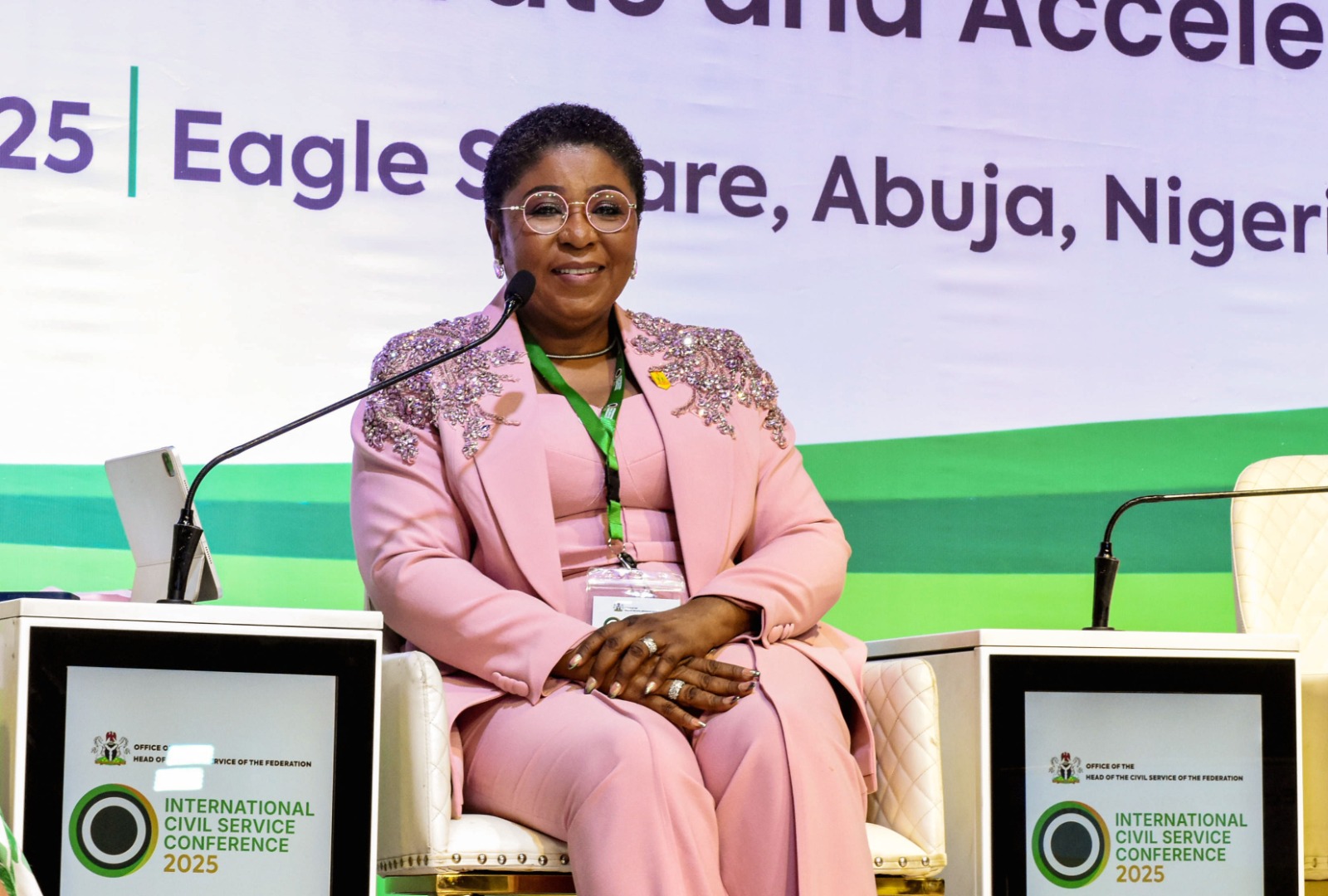In a competitive selection process making waves across Nigeria’s public sector, the Office of the Head of the Civil Service of the Federation (OHCSF) recently announced a significant milestone: 53 out of 70 civil servants who sat for the recent Permanent Secretary written examination have emerged as successful candidates, progressing to the next critical phase of assessment.
Advancing in the Civil Service: A Closer Look at the Selection
The latest update was communicated via an official statement by Eno Olotu, Director of Information and Public Relations at the OHCSF, on Tuesday. Olotu highlighted that the strong showing from these candidates not only underscores the depth of talent within Nigeria’s federal civil service but also points to a growing culture of merit-based advancement in the sector. This aligns with ongoing efforts to professionalise public administration and strengthen accountability in government agencies.
Commitment to Merit and Visionary Leadership
Olotu further explained that this result reflects the administration’s determination to promote only those who are both competent and future-minded. “The government is resolute in its mission to ensure that individuals occupying key leadership roles demonstrate excellence, foresight, and a proven track record,” she stated, reinforcing confidence in the system among public-sector workers and observers across the country and West Africa.
The Road Ahead: Embracing Technology in Governance
As the competition intensifies, the OHCSF confirmed that the next round is an Information and Communication Technology (ICT) proficiency test, designed to assess candidates’ digital and technical skills. This test, set to take place today, recognises the need for federal leaders who are adept with technology—a crucial asset in today’s modern governance and service delivery. The Nigerian civil service has in recent years pushed for greater digital literacy and the adoption of e-governance solutions, making IT competence not just an added value, but an essential requirement for aspiring Permanent Secretaries.
Why ICT Skills Matter
- African governments are increasingly digitising records and public processes.
- Effective leaders must oversee implementation of technology-driven reforms.
- Higher digital proficiency means faster, more transparent public service delivery.
Setting a Standard for Integrity and Accountability
Mrs. Didi Walson-Jack, Head of the Civil Service of the Federation, emphasized that the ongoing recruitment process is both credible and highly competitive, designed to reinforce public confidence and align with the federal government’s broader vision for a professional, accountable civil service.
“Having 53 candidates advance highlights our deliberate commitment to uphold standards of excellence in Nigerian public service. Only those with demonstrated integrity, proven capability, and a clear vision will be chosen to help shape the future of our nation’s bureaucracy,” Walson-Jack reiterated in her statement.
Maintaining Transparency in Selections
She assured civil servants and the general public that fairness, integrity, and merit would guide every aspect of the exercise. “Our process is built on a foundation of fairness and transparency, reflecting the agenda of governance reforms at the heart of our administration,” Walson-Jack explained.
Strategic Appointments: Addressing Key Vacancies
Currently, the federal government is working to fill five high-profile Permanent Secretary positions, including those designated for the Federal Capital Territory (FCT), Imo State, and three newly created slots representing the rotational geopolitical zones: North-Central, North-East, and South-East. This balanced approach aims to uphold regional representation and foster inclusivity across Nigeria’s diverse federation.
Broadening Representation: What the New Roles Mean
- FCT & Imo State: Both units require capable senior administrators to direct policy and manage complex government portfolios.
- Rotational Zonal Posts: By including these, the government targets federal balance and fair representation for major regions.
- Pan-African Perspective: Observers from Ghana, Sierra Leone, and other West African countries frequently monitor Nigeria’s reforms, seeing them as regional benchmarks for public sector advancement.
Local Insight: The Impact of a Strong Civil Service
Civil service reforms in Nigeria not only shape the delivery of key public services but also send signals about governance standards across Africa. In interviews with Lagos-based policy analyst Chijioke Umeh, he notes, “Transparent selection and promotion of Permanent Secretaries set an example for other West African governments and show citizens what efficient, inclusive governance looks like.”
Public reaction has also been largely positive. “People want to see leaders who are qualified, tech-savvy, and genuinely passionate about moving Nigeria forward. This process is raising hopes, especially among young civil servants,” explained Abuja-based civil service advocate Hauwa Bello.
Challenges and Expectations Along the Way
While the reforms inspire hope, observers urge continuous vigilance to ensure that only the best candidates succeed at all levels, and that each zone and demographic gets fair consideration. Calls for greater transparency, regular public updates, and accountability continue from civil society groups and the media. Proper monitoring, some say, is essential so that standards do not slip after appointment, and performance remains high in practice—not just theory.
Looking Beyond Nigeria: The African Perspective
Nigeria’s civil service remains one of the largest and most influential on the continent. As the country modernises its systems, neighbouring countries in West and Central Africa look to Nigerian reforms for inspiration, especially in the areas of digital transformation and merit-based recruitment. For many, this process is not simply about new appointments, but about setting a new standard for African governance in the digital era.
What Happens Next?
As the shortlisted candidates prepare for the ICT test, all eyes remain on the OHCSF to ensure continued transparency and fairness. With the successful candidates moving ever closer to assuming top policy-shaping roles, the outcome of this process could have lasting implications for governance, regional equity, and the quality of public service delivery in Nigeria and beyond.
How do you think these reforms will impact the future of public service in Nigeria—and across Africa? Should other countries adopt similar transparent, technology-driven recruitment processes?
Share your opinion in the comments below, and join the conversation by following us for the latest updates on public sector reforms and major national developments.
Got a story tip, breaking news, or an insider angle on Nigeria’s public sector?
Email us at story@nowahalazone.com to share your story or discuss submitting content (even if you want to sell your news). For business inquiries or support, reach out at support@nowahalazone.com. Stay connected for real-time news and public service updates—follow us on Facebook, X (Twitter), and Instagram.
What’s your view on Nigeria’s evolving public service? Drop a comment, share your insight, and be part of the national dialogue!










